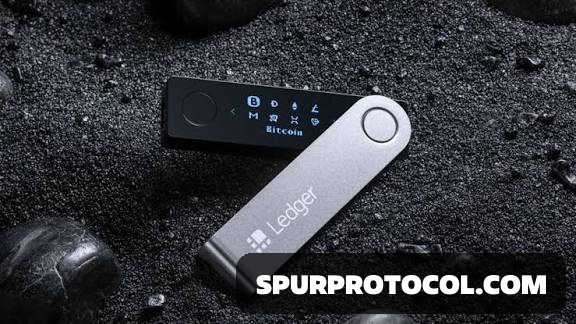What Is A Cold Wallet In Cryptocurrency?
A cold wallet is an offline storage method for cryptocurrency private keys. It can be a hardware device or a physical setup with no continuous internet connection.
Go Back

🕒 1:31 PM
📅 Oct 20, 2025
✍️ By chrison2
This type of storage reduces exposure to hacking attacks. Many businesses and institutional holders choose cold wallets for improved digital asset protection. At the same time, businesses prefer to use internet-connected crypto wallets to accept payments in cryptocurrency.
Cold wallets are often used in business for:
Long-term storage of company reserves
Holding client funds in custody services
Securing treasury assets in crypto firms
Most cold wallets include layered security features such as PIN codes, hardware encryption, and automatic reset after failed login attempts. These functions are designed to help reduce the risk of unauthorized access. However, the exact security setup can vary depending on the brand and model of each cold wallet.
Although offline storage lowers the risk of online threats, it is not immune to physical theft or targeted breach. Secure handling and controlled access remain important.
Types of cold wallets
Cold wallets come in several formats, each with different use cases and security levels.
The common types of crypto cold wallets are:
•Hardware wallets are physical devices designed for offline use. Common forms include USB drives, cards, or compact units with screens. Users operate them via buttons or touch controls.
•Software-based cold wallets can be installed on devices that stay offline, such as a flash drive or isolated computer. This method generally offers more protection against online threats than hot wallets, but may provide less security than hardware wallets.
•Paper wallets have the form of printed private keys or QR codes on paper. They have no digital exposure but require careful physical protection due to fragility and risk of loss.
•Steel wallets are metal plates engraved with private keys or seed phrases. They resist fire, water, and damage better than paper but cost more and offer less flexibility.
•Sound wallets store encrypted private keys in audio files, often saved on CDs or USB drives. You can decode them using a spectroscope app or a high-resolution spectroscope. They’re rare, costly, and take time to use.
Benefits of cold wallets for businesses
Cold wallets provide clear advantages for organizations managing crypto assets:
°Reduced online exposure. Offline storage cuts the risk of remote hacking. Restricting physical access further limits unauthorized use.
°Direct control over keys. Companies maintain ownership of private keys without relying on third parties, unlike many hot wallet services.
°Long-term asset protection. Cold wallets are well-suited for reserves that do not require frequent transactions.
Compact and portable.
°Hardware wallets are small and easy to store securely during transport.
